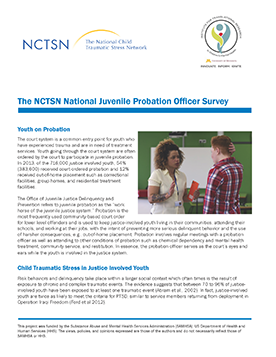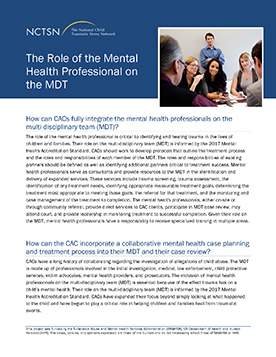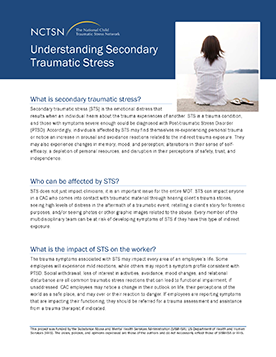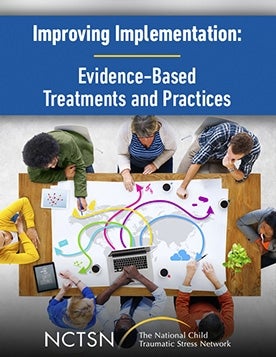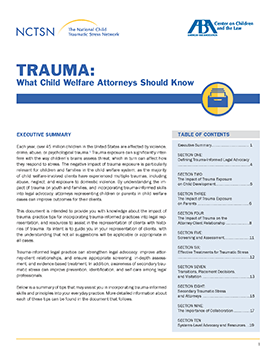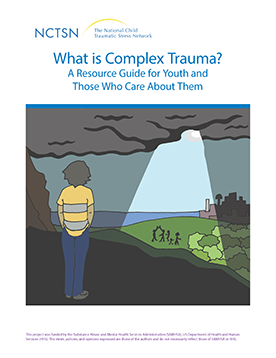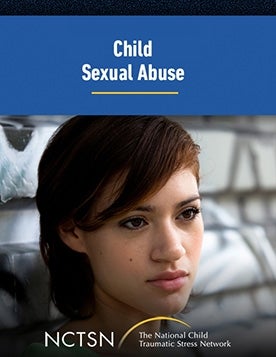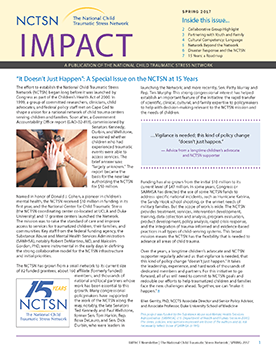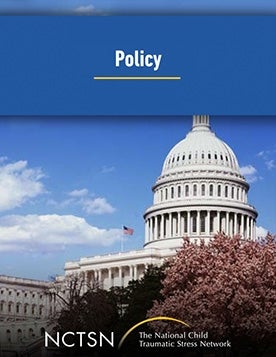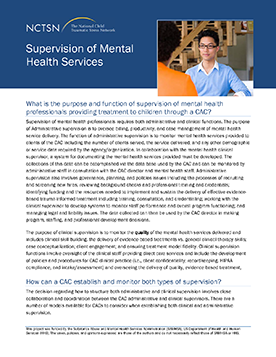
Supervision of Mental Health Services at a CAC
Describes the purpose and function of supervision of mental health professionals providing treatment through a CAC. This fact sheet provides information on how a CAC can establish and monitor different types of supervision, as well as the role the CAC Director has in clinical supervison.
